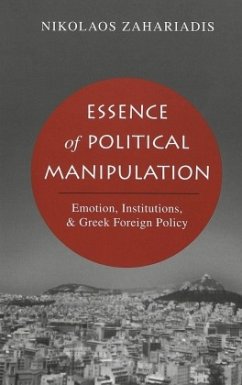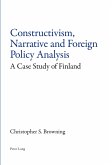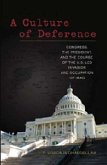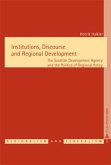This book takes an intriguingly original look at the dynamics of foreign policy making. Adopting a theory of political manipulation and using the case of Greek policy toward the Former Yugoslav Republic of Macedonia, Nikolaos Zahariadis examines how human emotion and political institutions interact to produce cooperative and confrontational decisions. His findings have implications for policy makers, students of politics, and informed citizens who want to know how leaders manipulate ideas, emotions, and democratic institutions to make decisions that "win all the battles, but ultimately lose the war".
«A provocative and timely book for anyone interested in foreign policy decision making and the politics of post-Cold War Balkans.» (Van Coufoudakis, Dean Emeritus and Professor Emeritus, Indiana University-Purdue University, Fort Wayne)
«This book is as timely as any book on Macedonia can be. Interesting, eloquent, and comprehensive in explaining foreign policy decision-making as a whole, this book will certainly influence academics and politicians alike in regards to foreign policy.» (Akis Kalaitzidis, Assistant Professor of Political Science, Central Missouri State University)
«Nikolaos Zahariadis has produced an original and superior piece of scholarship. Well-organized, carefully developed, and well-grounded. He manages to tackle an emotional and highly charged issue with unparalleled objectivity and exemplary clarity. The best book on the subject, and by far.» (Constantine P. Danopoulos, San Jose State University)
«This book is as timely as any book on Macedonia can be. Interesting, eloquent, and comprehensive in explaining foreign policy decision-making as a whole, this book will certainly influence academics and politicians alike in regards to foreign policy.» (Akis Kalaitzidis, Assistant Professor of Political Science, Central Missouri State University)
«Nikolaos Zahariadis has produced an original and superior piece of scholarship. Well-organized, carefully developed, and well-grounded. He manages to tackle an emotional and highly charged issue with unparalleled objectivity and exemplary clarity. The best book on the subject, and by far.» (Constantine P. Danopoulos, San Jose State University)








